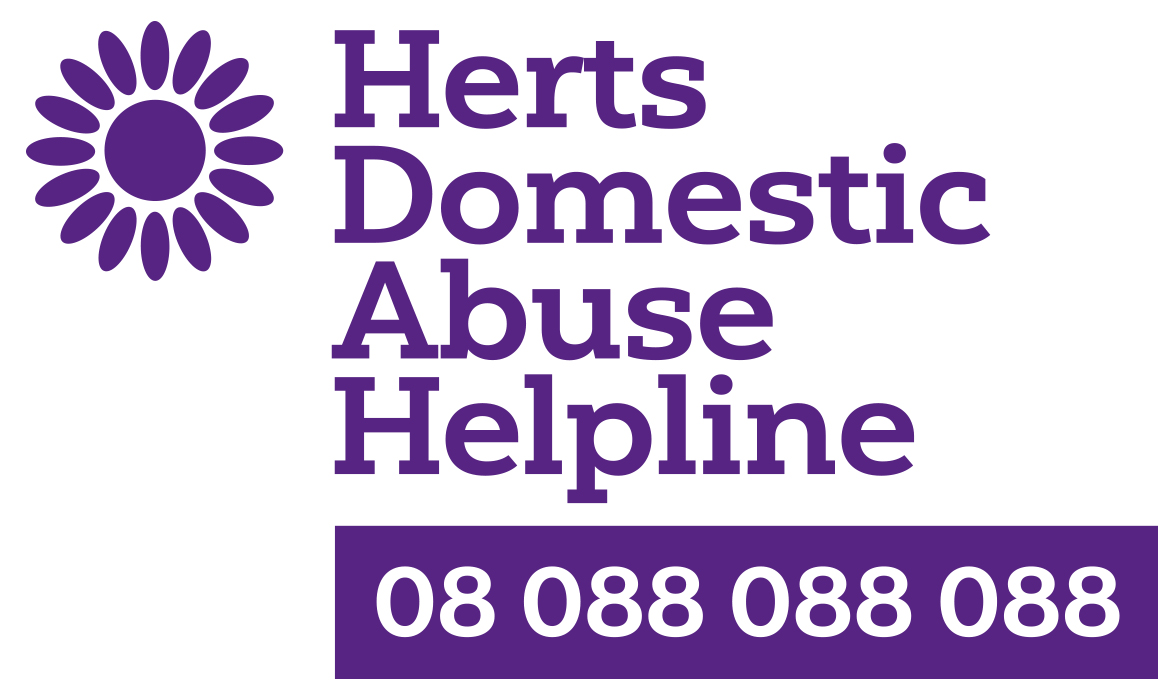More and more men are starting to come forward and reveal that they are enduring domestic abuse. This blog gives some of the latest information.
Awareness campaigns and the media are increasingly acknowledging the problem of abuse against men and giving it the exposure and attention it deserves. So what are the statistics?
576,000 men (2.5% men) and 1.2 million (4.8% women) were victims of partner abuse in 2018/19 equating to a ratio of two female victims to every one male victim.
In 2017/18, 11% of male victims (7.2% women) have considered taking their life due to partner abuse.
In 2017/18, nearly half of male victims fail to tell anyone they are a victim of domestic abuse (only 51% tell anyone). They are nearly three times less likely to tell anyone than a female victim (49% of men fail to tell anyone as opposed to 19% women). This has worsened since 2015/16 where the figures were 61% for men (88% women).
In 2018/19 – 16 men (80 women) were killed at the hands of their current or ex-partner.
In terms of refuges/safe houses, currently, there are 37 organisations with 204 spaces with only 40 of those places are dedicated for men. Many parts of the UK have no or limited places at all – for instance London has no spaces.*
* statistics courtesy of Mankind Initiative
Men face the same kinds of abuse as women do:
• Physical
• Coercive control
• Sexual
• Psychological or emotional
• Financial
The abuser can be male or female.
ARE MEN LESS LIKELY TO SPEAK OUT ABOUT DOMESTIC VIOLENCE?
Sadly, the answer is ‘yes’. Male victims are three times as likely as women not to tell anyone about what they are suffering. Of those victims, only 10% of men will report the abuse to the police (ONS, 2014-15). There remains a lot of stigma that makes men believe they won’t be taken seriously if they report the abuse or that admitting the abuse will in some way emasculate them. Unfortunately, there is such societal pressure on men to ‘man-up’ and behave ‘like a man’, keeping their emotions locked inside, that they fear being ridiculed if they admit to being a victim. The current attitudes of society towards so-called masculinity are a huge barrier to domestic violence becoming something that male victims can feel safe and comfortable speaking out about. It’s a long battle, but thankfully awareness campaigns are trying to turn these perceptions around. And cases like that of Alex Skeel have helped change public perception. You can watch his story on YouTube.
WHAT HELP IS AVAILABLE FOR MALE VICTIMS?
Leaving an abusive relationship is an incredibly hard decision to make and requires courage, especially when children and a family home are involved. If a victim does decide to leave, then there are plans they can put in place to stay as safe as possible – see Leaving an Abusive Relationship. There may be a trusted family member or friend who can assist with temporary accommodation. If not, then one safe option is a refuge. A refuge is not just a secure place to be – it is also an invaluable hub of support that aims to help victims get back on their feet, emotionally and in practical terms.
If you are a man experiencing domestic violence or think you know someone who is, you can contact Herts Domestic Abuse Helpline on 08 088 088 088 for FREE advice and support. We can help with finding refuge accommodation and signpost other sources of help.
SIGNS OF DOMESTIC ABUSE AGAINST MEN
It’s not easy to know what’s going on in someone else’s home, especially as domestic abuse doesn’t always leave physical marks or injuries. Changes in behaviour and physical appearance are potential signs that something isn’t right. If you think you know a male friend, family member, colleague or neighbour who is suffering abuse, then there are signs you can look for – How to Spot the Signs Someone is Enduring Domestic Abuse.
Try to encourage him to have a conversation and open up, bearing in mind that he may be feeling ashamed or embarrassed to admit what’s happening. Reassure him that he’s not to blame and that he’s not weak. You won’t be able to provide sole support or solutions, but be there to believe him, support his decisions and to assist him in finding the necessary help.
If you are experiencing Domestic Abuse, we are here to support you when you feel ready to take your first steps to seeking help and advice. You can contact Herts Domestic Abuse Helpline for advice and support. Our FREE confidential helpline supports anyone impacted directly or indirectly by Domestic Abuse. Call 08 088 088 088 to speak to a local expert who can offer bespoke advice and signposting to support groups or, if you prefer, send a confidential email to kim@mailpurple.org..


